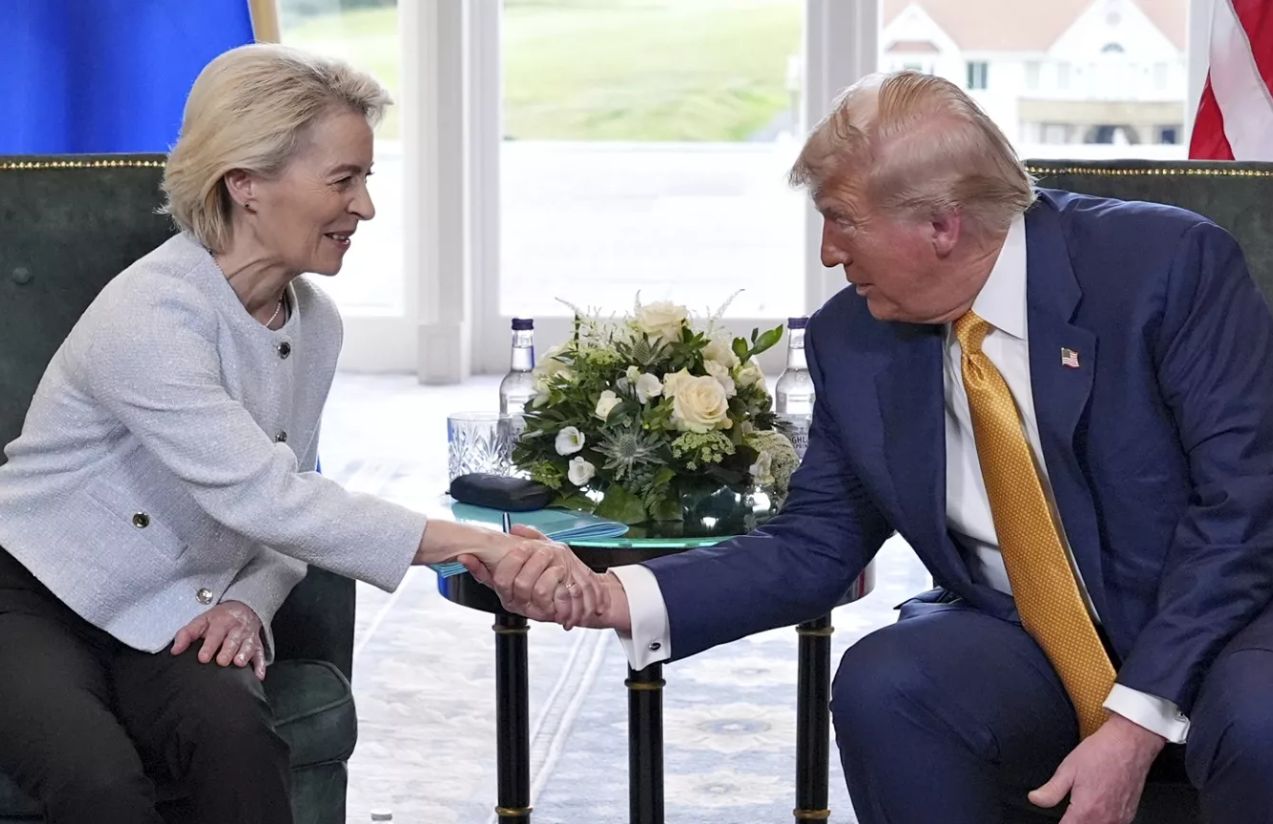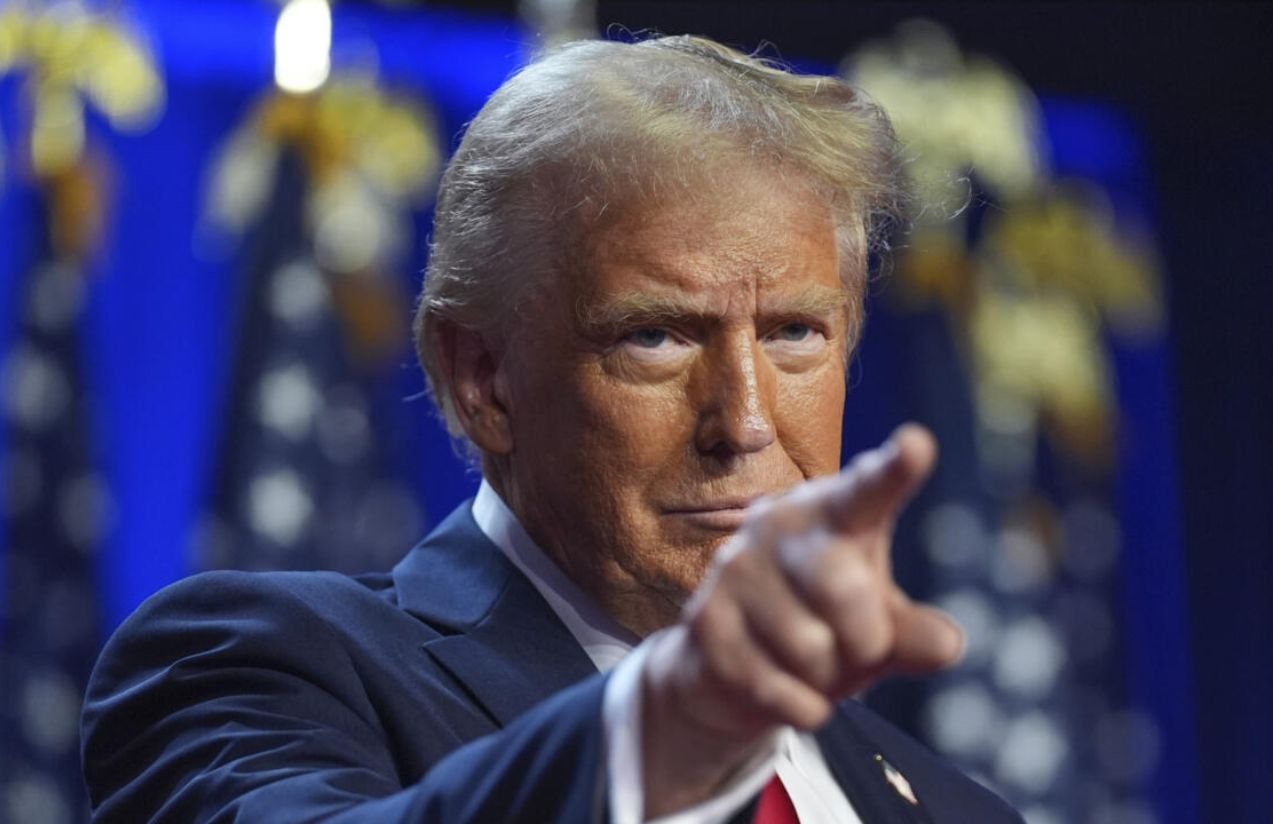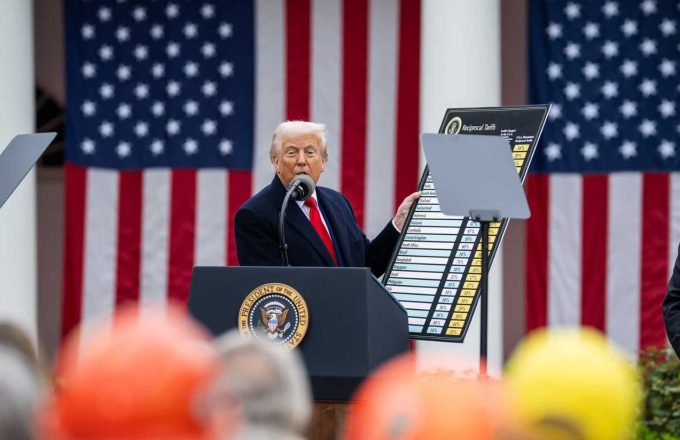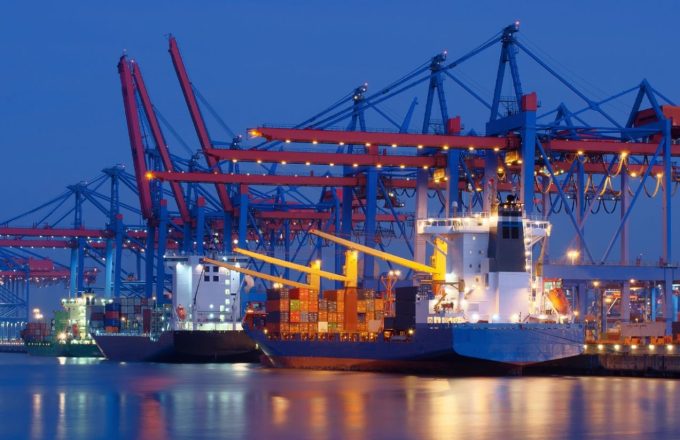In an unexpected turn in U.S. foreign policy, former president and current Republican candidate Donald Trump announced on Sunday the signing of a new trade agreement with European Commission President Ursula von der Leyen. The pact, as reported by both leaders during a joint press conference, aims to strengthen economic ties between the United States and the European Union by reducing tariffs, promoting energy cooperation, and protecting intellectual property.
The meeting took place in New York, amid Trump’s election campaign and rising global trade tensions. Despite his history of clashes with European leaders, Trump stated that the deal “marks a new beginning in transatlantic relations” and will benefit “workers, farmers, and businesses on both sides of the Atlantic.”
Von der Leyen, for her part, called the agreement “an opportunity to rebuild trust” and emphasized that it is a key step in facing common challenges such as climate change, energy security, and global competition.

What does this mean for the global economy?
This deal could stabilize international markets and serve as a counterweight to China’s growing influence in global trade.
Although several elements still await ratification by the European Parliament and the U.S. Congress, the announcement represents a surprising shift in Donald Trump’s foreign policy tone and an opening for future collaboration with the European bloc.











